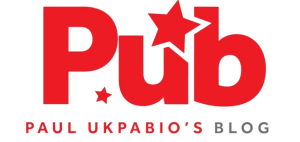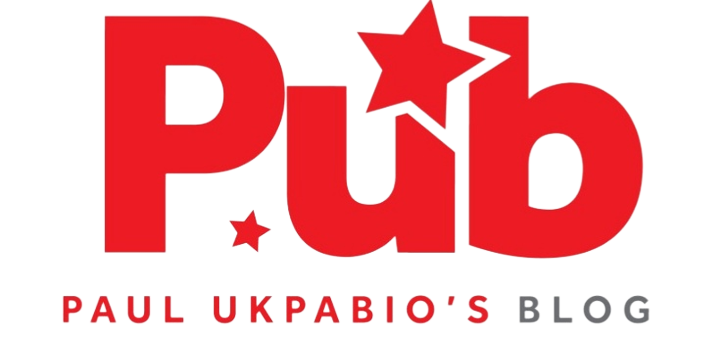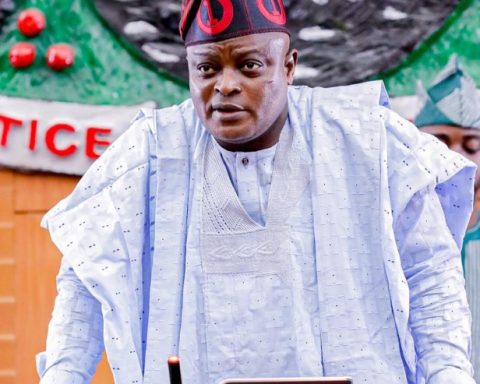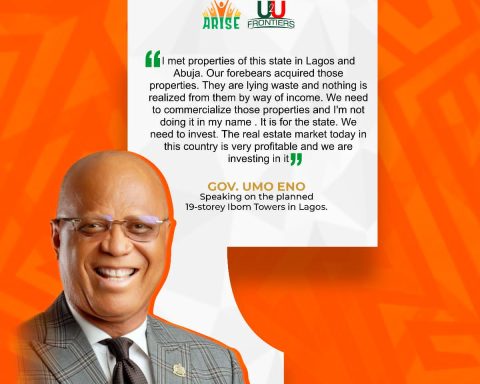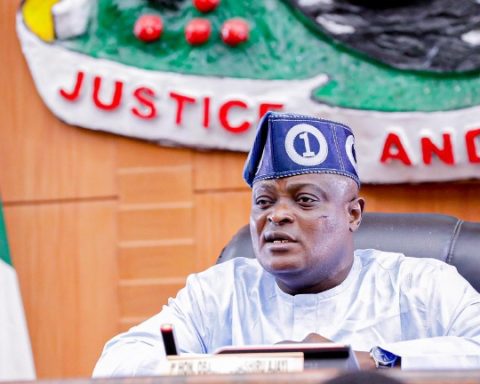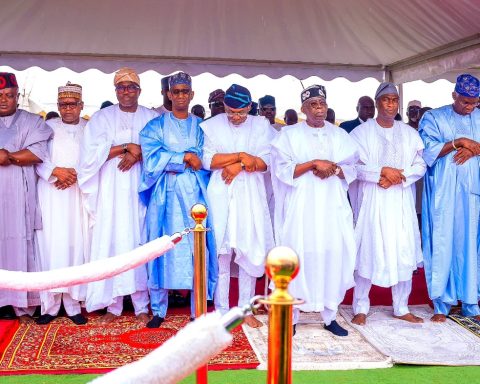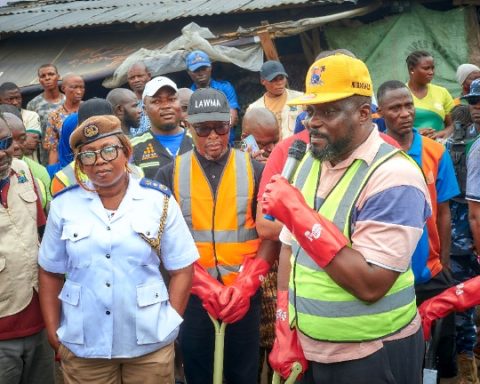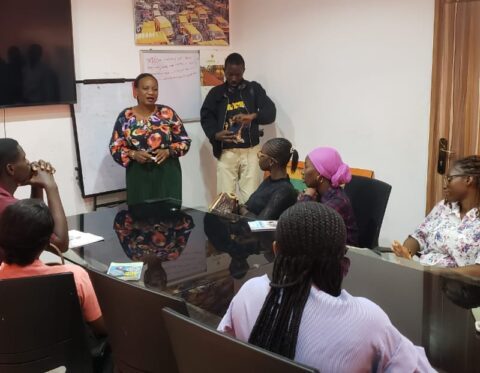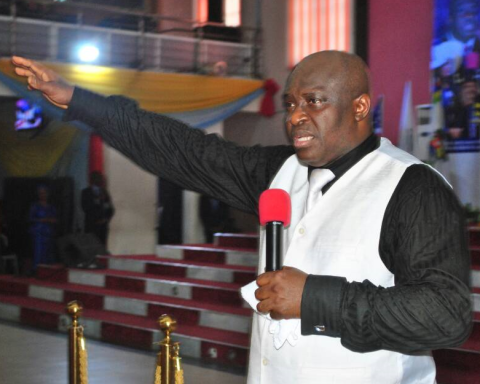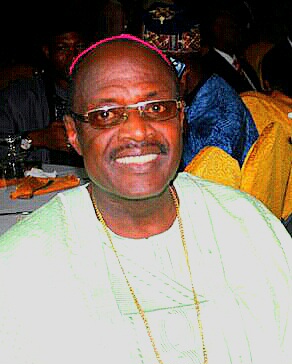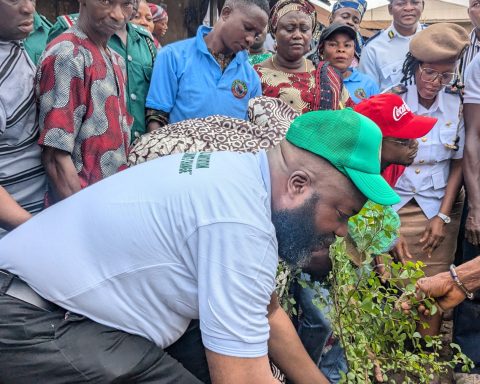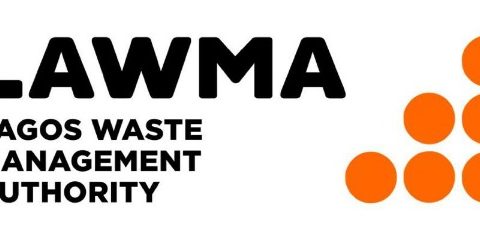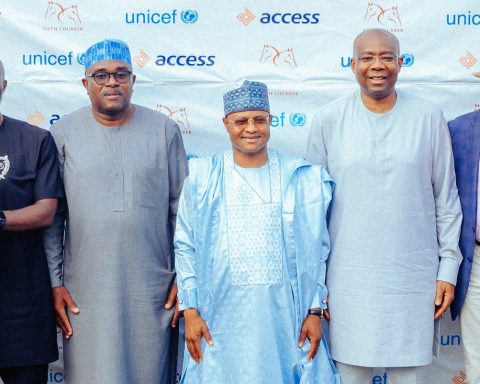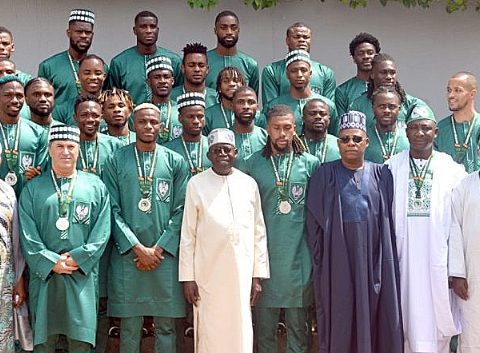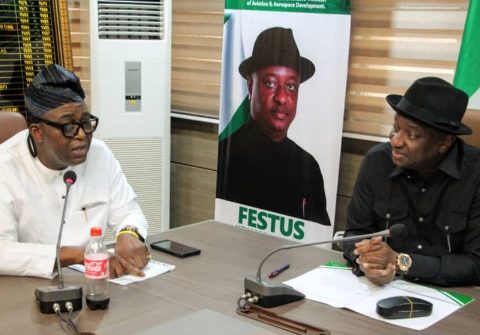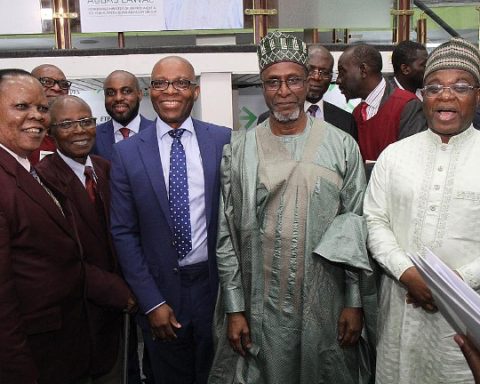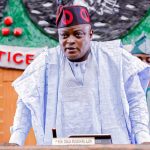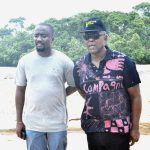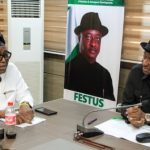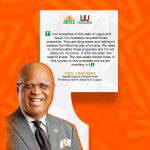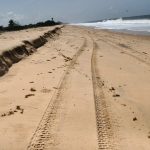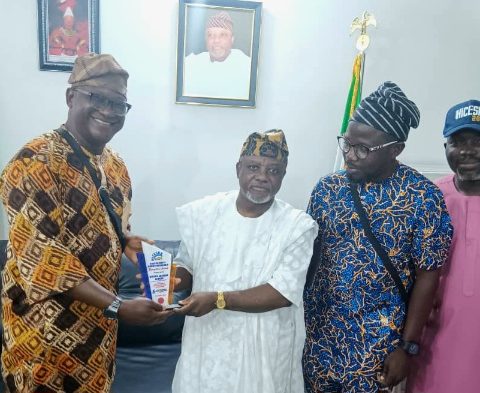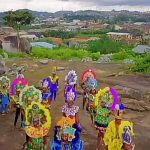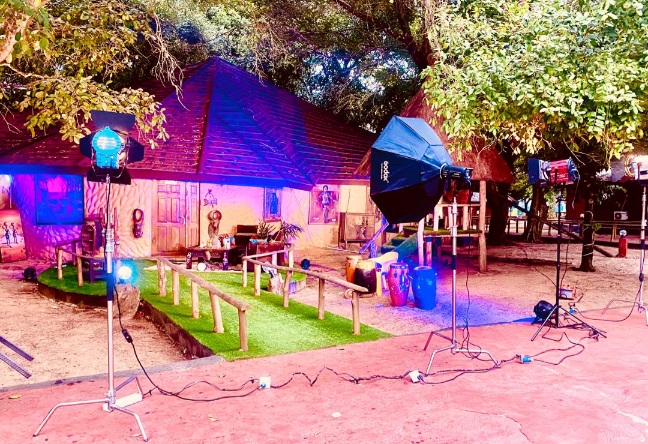
Tourism Icon, Otunba Olawanle Akinboboye has said that, his Tourism Product for Week 21, is; Tourism Half Hour. According to him, ‘Tourism Half Hour’ is a weekly television programme that focuses on Knowledge, Application and Fulfillment (KAF) in relation to tourism and the creation and growth of a tourism industry in Nigeria and Africa.
The programme will, among other things, showcase and expand upon the 52 products being presented in this weekly media presentation series. It will also provide a practical approach towards the implementation and execution of each of the products.
The programme is designed to enlighten not only tourism practitioners and members of the public, but also government officials, who will gain a better understanding of the tourism industry and the products required to create a viable tourism industry for the continent. This should facilitate their ability to create an enabling environment for the African tourism industry to grow.
He mentioned that, by also featuring more details about the tourism products in this programme, he hopes to ensure that more people are exposed to information on the tourism products and that such information is not solely reserved to those that have the opportunity to learn about them via the articles appearing in the media, over this period of time.
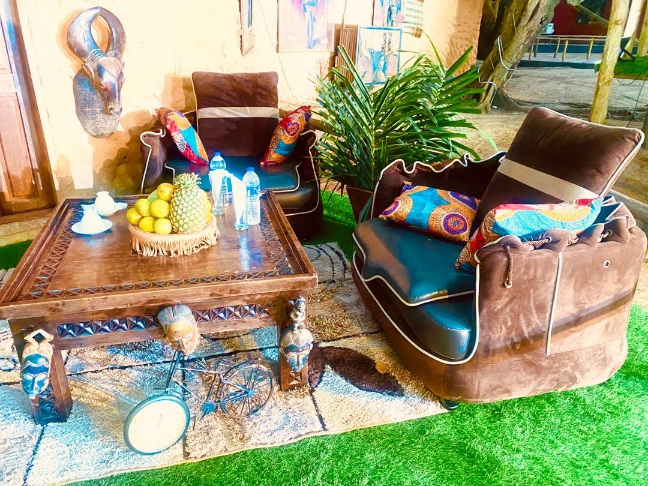
Otunba Akinboboye also mentioned that the programme would feature visits to various tourists attractions in Africa, during which suggestions would be made on the tourism products that could be offered within such attractions with a view to transforming them into what he referred to as ‘tourism destinations’.
Otunba Akinboboye explained that tourism destinations were superior to and generate more economic benefits than tourism attractions.
Otunba Akinboboye noted that an attraction, for example, ‘a waterfall’ is nice to visit, but once seen, would rarely generate repeated visits, unless there were tourism products available that encouraged the tourist to return and / or spend prolonged periods at the location. These tourism products could include picturesque hotels / resorts, water activities and so on, which would hold the interest of the tourist and encourage him to spend money.
If the tourist enjoyed the experiences he had at a tourism destination, he would likely repeat his visit. He would no longer be focusing on seeing the ‘waterfall’. Rather his desire for a repeat visit would come from the tourism products offered at the attraction which provided him with experiences he wanted to repeat.
Otunba Akinboboye mentioned that he could safely assert that tourist attractions do not bring in the expected economic benefits until they transform into tourism destinations. It is only when these attractions are enhanced by various tourism products that the tourist begins to expend money at the level required to have an economic impact on the adjacent communities.
He spoke about the Resort he founded at Ikegun, Lagos state (La Campagne Tropicana Beach Resort) and noted that the tourism products it offers revolve around three natural attractions; the Atlantic Ocean, a fresh water lagoon and a mangrove forest. He however noted that without tourism products like accommodation, water sports, beach football, volleyball and so on, tourists would not be encouraged to travel more than 40 km from Victoria Island, Lagos simply to see those natural features.
Otunba Akinboboye mentioned that, during the programmes he also intends to talk about what he calls by – products of tourism, which he said included music and petroleum. When he saw my expression at his classification of petroleum as a by – product of tourism he laughed.
He explained that a by – product is an unintended but inevitable secondary result.
He went further to mention that, tourism is essentially a movement of people from point A to B and this movement occurs both internationally or domestically.
He emphasized that the planes, boats, cars and buses involved in this movement are usually fueled by petroleum products; AGO, petrol and diesel.
Consequently, an upswing in tourism will lead to the enhanced use of domestic petroleum products due to the need for ‘fuel’ to move tourists by air, land and water. This impacts positively on the domestic petroleum industry, which then earns more income.
He reminded everyone that, in April 2020 at the height of the COVID epidemic, the price of Bonny Light oil fell to $16.46 per barrel, as the health crisis brought the movement of people from location to location both internationally and domestically to a standstill.
This therefore demonstrates the impact of tourism and its need for fuel on the petroleum industry. An upswing in tourist numbers will obviously lead to an increased requirement for the fuel that propels the movement of tourists and results in economic benefits to the domestic petroleum market .
You need aviation fuel to fly, the vehicles that take you from the airport to your hotel need petrol and more fuel is required for any subsequent movements whether by car, bus or boat, as all rely on petrol or diesel.
Otunba Akinboboye assured that, ‘Tourism Half Hour’ will be educative and entertaining. He also expects it to become a required-watch for anyone who is interested in tourism, whether as a spectator or participant.
